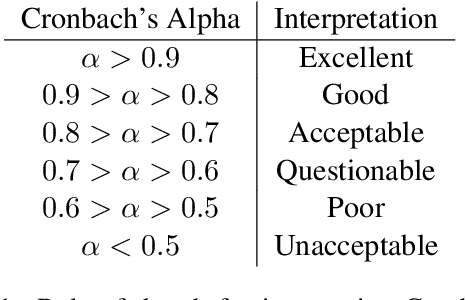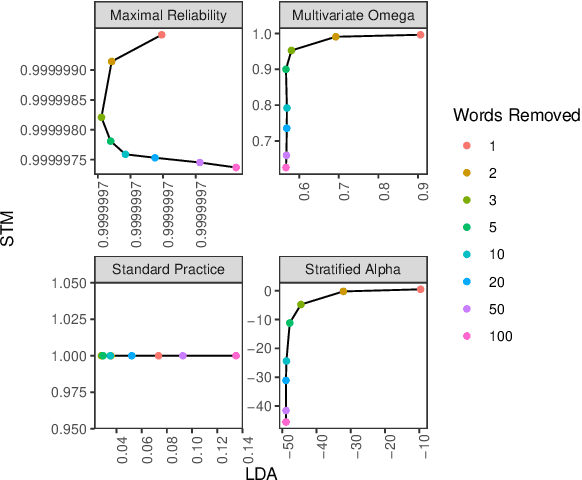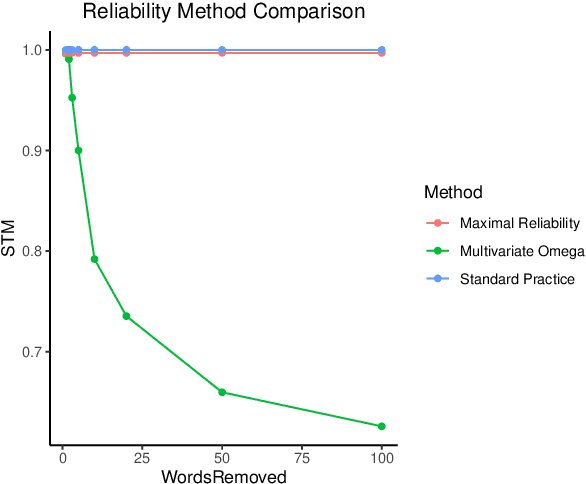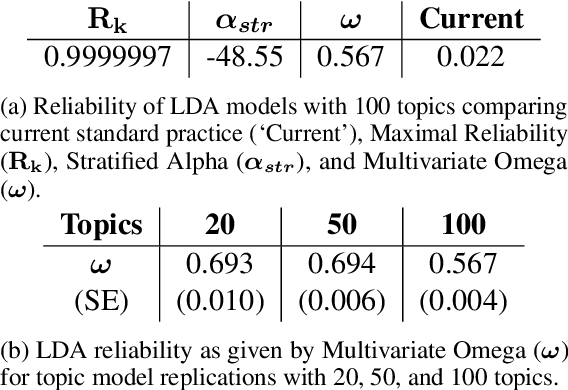Kayla Schroeder
Can You Trust LLM Judgments? Reliability of LLM-as-a-Judge
Dec 17, 2024



Abstract:Large Language Models (LLMs) have become increasingly powerful and ubiquitous, but their stochastic nature poses challenges to the reliability of their outputs. While deterministic settings can improve consistency, they do not guarantee reliability, as a single sample from the model's probability distribution can still be misleading. Building upon the concept of LLM-as-a-judge, we introduce a novel framework for rigorously evaluating the reliability of LLM judgments, leveraging McDonald's omega. We evaluate the reliability of LLMs when judging the outputs of other LLMs on standard single-turn and multi-turn benchmarks, simultaneously investigating the impact of temperature on reliability. By analyzing these results, we demonstrate the limitations of fixed randomness and the importance of considering multiple samples, which we show has significant implications for downstream applications. Our findings highlight the need for a nuanced understanding of LLM reliability and the potential risks associated with over-reliance on single-shot evaluations. This work provides a crucial step towards building more trustworthy and reliable LLM-based systems and applications.
Reliability of Topic Modeling
Oct 30, 2024



Abstract:Topic models allow researchers to extract latent factors from text data and use those variables in downstream statistical analyses. However, these methodologies can vary significantly due to initialization differences, randomness in sampling procedures, or noisy data. Reliability of these methods is of particular concern as many researchers treat learned topic models as ground truth for subsequent analyses. In this work, we show that the standard practice for quantifying topic model reliability fails to capture essential aspects of the variation in two widely-used topic models. Drawing from a extensive literature on measurement theory, we provide empirical and theoretical analyses of three other metrics for evaluating the reliability of topic models. On synthetic and real-world data, we show that McDonald's $\omega$ provides the best encapsulation of reliability. This metric provides an essential tool for validation of topic model methodologies that should be a standard component of any topic model-based research.
 Add to Chrome
Add to Chrome Add to Firefox
Add to Firefox Add to Edge
Add to Edge